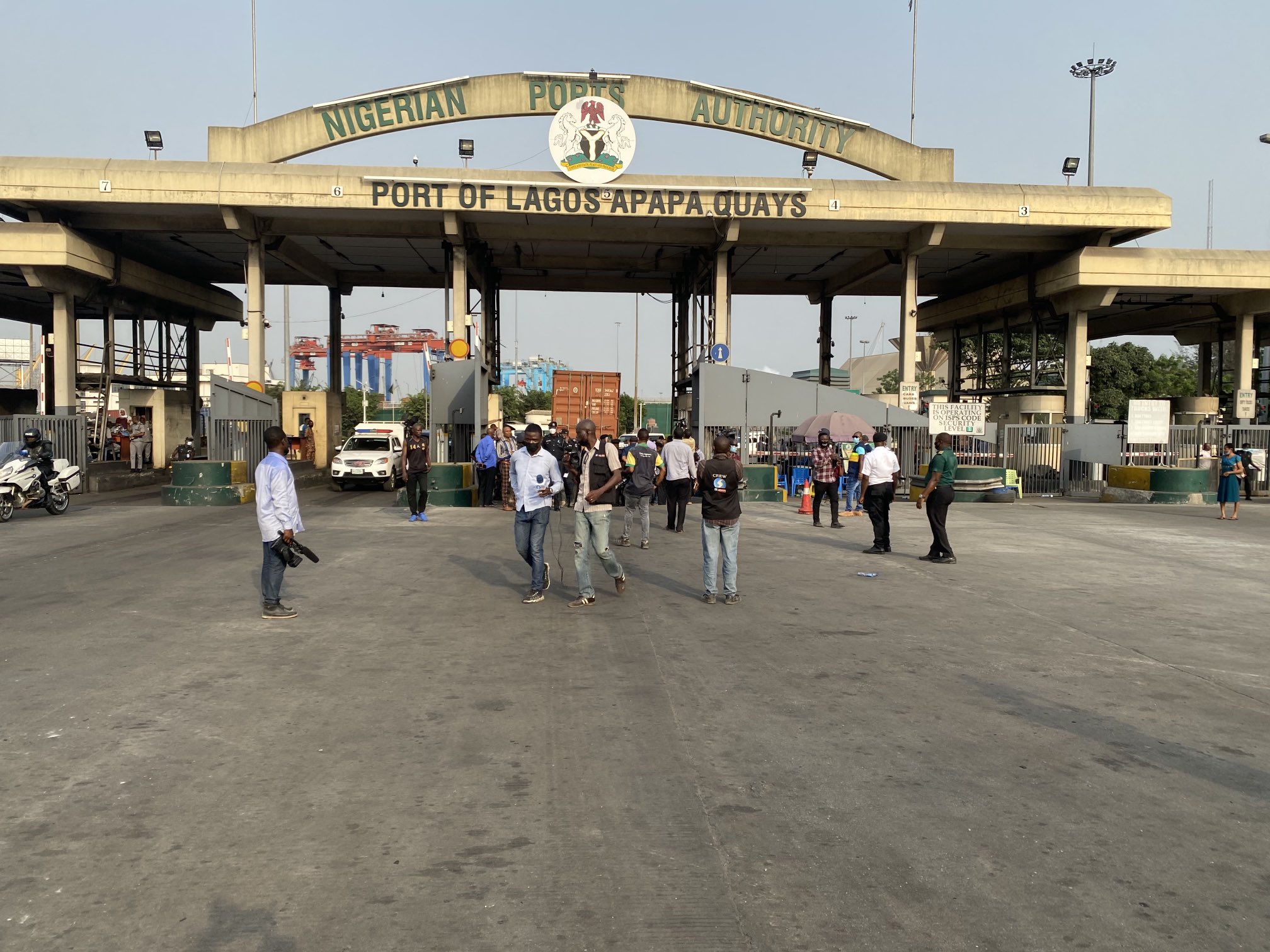BY DANJUMA KATSINA
Since July 2016, the Nigerian Ports Authority (NPA) under the leadership of Hadiza Bala Usman has been going through systematic and dynamic transformations, reforms and repositioning which has significantly placed the maritime sector on paths of sustainable growth and development.
Usman, who has been spearheading the affairs of NPA as the managing director, set out the new trajectory where she said ports are a critical artery of the country’s economy and it is her responsibility to ensure that the operators deliver services at the standards that businesses deserve in the 21st century.
On assumption of office as the NPA’s MD, she strived for enhanced operational efficiencies in order to facilitate improved revenue generation and ensure that it inflows into the nation’s treasury, thereby supporting President Muhammad I Buhari’s administration agenda of economic diversity.
For effective service delivery, NPA is now deeply entrenched in transparency and accountability in all procedures of the agency; demystification of corporate governance and providing provision of in-roads to stakeholders towards understanding the agency’s role and responsibilities.
Advertisement
It is instructive to note that the Usman-led management of NPA has taken several strategic steps to achieve port efficiency and effectiveness to make Nigerian ports globally competitive; create a friendly-business environment for Port operators, and improve the revenue generated directly into government coffers.
Accordingly, eastern ports which had been redundant over the years have recently seen increased vessel activities as a result of concessions made in the reduction of tariffs to encourage vessel owners to use the ports, and also, marked improvements in NPA’s equipment and infrastructure in those zones.
The new management also inaugurated the Command and Control Communication and Intelligence Centre (CCCIC) for NPA. The platform serves as an information centre for all security agencies operating at the ports and also conducts surveillance of activities that take place within the ports.
Advertisement
The NPA under Hadiza Bala Usman has also launched the provisional, final billing and customer module of revenue invoice management system that seeks to improve the service offering and partner relationship. It equally creates an efficient payment method which allows for revenue maximisation while eliminating losses that are related to revenue leakages.
Another milestone transformation strategy launched by the new management of NPA to checkmate untold hardship, deaths and restore sanity to the country’s maritime sector is the Electronic Truck call-up system.
The truck electronic call-up system which is being powered by a web application called “Eto”, is aimed at tackling the perennial logjam caused by articulated trucks within the port corridor. The application (Eto) would enthrone transparency and orderliness to truck movement as scheduling was done automatically on a first-come, first-served basis.
This foremost electronic system is primarily designed for the management of truck movement and access to and from the Lagos ports Complex and the Tin Can Island ports, Apapa, Lagos thereby averting traffic gridlock.
Advertisement
The Eto application, which commenced operation on February 27, this year, is responsible for the scheduling, entry and exit of all trucks into the Nigerian ports. With this first-ever system in place, all transporters, truck owners and truck drivers will be required to download the Eto App from the Google play store for efficient and effective service delivery.
With this system fully operational, the authority said all trucks doing business at the ports would be required to park at the approved truck parks until they were called up into the port through the Eto app system. This is the first time in the history of Nigeria that electronic call-up would be deployed to direct truck movement into ports in Lagos, the nation’s ancient commercial city.
This electronic system has mandated shipping companies to move empty containers from their holding bay to the Port, while cargo owners have to drop their empty containers at the holding bay of the shipping company and make the necessary bookings on the Eto platform to return empty containers to the Port.
Interestingly, few weeks into its operation, normalcy had returned to Apapa following the removal of trucks that littered the port access roads – Apapa Oshodi Express Way and Western Avenue leading to Ijora, among other notable traffic gridlock in the area.
Advertisement
The automated process is expected to permanently restore sanity within the Apapa port corridor by stemming the daily traffic congestion, chaos, confusion and frustration often alleged by port operators.
Meanwhile, non-compliance to the use of Eto and its guidelines, according to NPA management, will result in denial of access into the ports, impounding of trucks and withdrawal of registration or operating license.
Advertisement
However, the structures put in place to boost Nigeria’s foreign earnings through the NPA by setting up fast track desks for exportation of agricultural commodities and solid mineral resources in the nation’s seaports. This gesture has drastically reduced the time, and the number of steps, it takes for farmers and miners to export their products through the ports.
Therefore, it would not be out of place to say that the NPA management team is working to reposition the nation’s ports through improvement in infrastructure to bring them in line with what obtainable in other parts of the world.
Advertisement
Katsina is a publisher of an online community newspaper, Katsina City News.
Advertisement
Add a comment






